
We are fortunate to have the opportunity to host Lake County’s public sector decision-makers for quarterly workshops, thanks to the support of our partners at Libertyville Bank & Trust Company, N.A., Real estate is always a popular topic, which is why 70+ city managers and senior staff gathered together to get insights on the latest trends in industrial, office, retail and housing.
The panel discussion –featuring insights from Sam Badger at CBRE, Gordon Lamphere at Van Vlissingen & Co, Kevin Micheli at Charles Hall Construction, and Brenden Reedy at Mid-America—was wide-ranging, but a common theme quickly emerged: when the public and private sectors work together, we can leverage key resources like talent, strengthen the community’s economic landscape, and create a dynamic and resilient business climate.
“We are proud supporters of this meeting series as it provides an excellent forum to dissect complex topics, explore best practices, and provide scalable tools that municipal leaders can use to drive economic development,” said Steve Madden, CEO at Libertyville Bank & Trust Company, N.A., North Region Market Head at Wintrust Financial Corporation and Chair of Lake County Partners’ Board of Governors. “This particular meeting was enlightening because it delved into the current state of real estate, while also forecasting changing space needs and shifting consumer preferences. This intel that will keep Lake County and Chicagoland at the forefront of growth.”
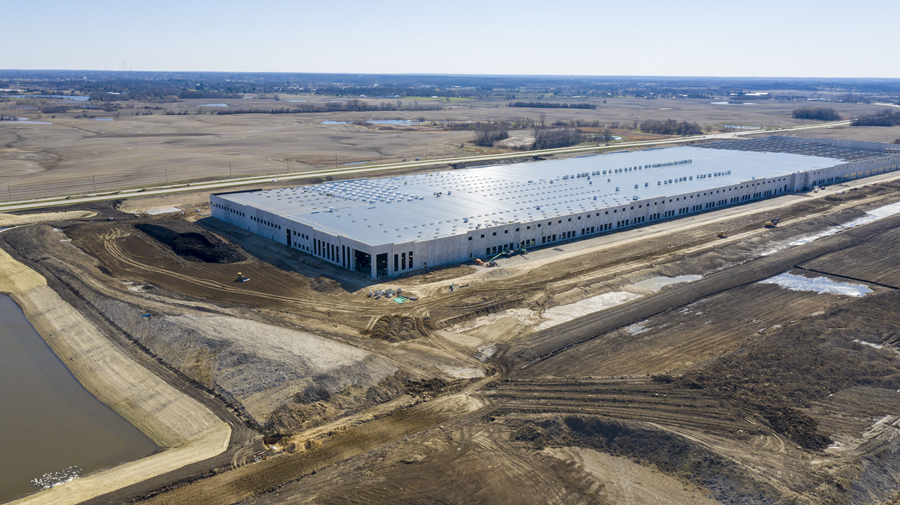
Overall, panelists painted a picture of a resilient market in Lake County—one that has adapted to post-pandemic realities, leaned in on its strengths, and confronted challenges. Here are a few of the biggest takeaways:
The Industrial Market: A Consistent Performer
“The industrial sector in Lake County has remained consistent and in-demand, demonstrating robustness both before and after the COVID-19 pandemic,” noted Sam Badger, Senior Vice President at CBRE. “According to recent analysis, the submarket boasts a remarkably low vacancy rate of 4.5%. This figure is notably healthy, indicating strong demand and limited available space compared to many other submarkets.”
While southeastern Wisconsin’s industrial real estate along the I-94 corridor enjoys higher visibility, the Lake County and southeastern Wisconsin markets are comparable in overall size. However, Lake County currently benefits from a tighter vacancy rate, suggesting a particularly strong demand within its borders.
A key differentiator and competitive advantage for Lake County’s industrial market is its specialized and abundant talent pool. Panelists underscored the area’s high quality of skilled labor and work ethic, observing that many businesses view it as a significant community asset. Indeed, Lake County is home to a significant presence of industries like pharmaceuticals, food processing, and high-tech manufacturing. This concentration of skills means Lake County is the preferred location for companies in need of an abundant and highly skilled workforce.
The Office Market: An Evolving Landscape

“Lake County has celebrated a number of office wins in recent months, but the sector is undergoing a significant transformation,” noted Gordon Lamphere, Vice President at Van Vlissingen & Co. “We are seeing demand for conversions, and this adjustment is a positive development as it creates new development opportunities and helps balance supply and demand.”
Furthermore, Lamphere emphasized the crucial role of community in the success of office spaces. He stressed that “no building is an island” and that a consumer-centered approach is paramount. People are motivated to work in environments where they want to be, and it is clear that neighborhood characteristics, walkability, amenities, safety, and access to retail is of the utmost importance.
Fortunately, this has worked in Lake County’s favor as the community has much to offer in terms of vibrant, well-connected office environments that cater to the workforce needs and desires.
Lake County’s office market is also bolstered by the high concentration of Fortune 500s and headquarters. In particular, life science and biopharma are significant economic drivers, and they rely on Lake County’s deep talent pool and top ranked communities and schools.
The Retail Market: Resilience & Refinement
“The retail sector in Lake County has demonstrated remarkable resilience and adaptability in the face of COVID-19 challenges and the subsequent recovery,” reported Brenden Reedy, a Principal at Mid-America Real Estate. “The period of upheaval inadvertently created new opportunities for retail, and the interplay between brick-and-mortar and digitally native brands has been synergistic when it comes to awareness and engagement. Physical presence will always be valuable, as it creates a touchpoint for customers.”

Interestingly, Reedy noted, e-commerce businesses are increasingly recognizing the value of physical locations, with brands like Wayfair, Amazon, Warby Parker, and Vuori expanding their real estate footprint. Post-COVID preferences are also shaping the look and feel of retail, with a growing demand for drive-thru options and a shift towards smaller store formats, even among grocers. There are exciting developments on the horizon, with plenty of opportunities for new players to fill existing gaps in the market.
There is a clear shift in demand towards the suburbs, with Chicago-based brands increasingly establishing a presence in these areas. Residents are also showing a preference for spending time and money closer to home, particularly in activated areas near train lines.
Lamphere corroborated this, citing recent deals where proximity to major transit hubs, specifically within a 5-minute fixed walk, was a crucial factor for site selection, especially when attracting younger talent.
Expect to see convenience, accessibility, and visibility remain critical factors for retail success. The physical condition of retail spaces and the creativity of their design are also crucial for attracting users. In aptly noting that “redevelopment is new development,” Reedy emphasized the trend of older shopping centers being renovated and reimagined to meet contemporary demands and house more service-oriented tenants alongside traditional retail. Communities that adapt to accommodate shifting changes in use will enjoy the most wins.
The Housing Market: Affordability & Density at the Forefront
“Affordability is a chief concern in Lake County’s housing market,” according to Kevin Micheli, President at Charles Hall Construction. “First-time homebuyers are facing significant challenges in entering the market, often being outbid by cash buyers. A substantial portion of the rental market comprises individuals aged 21-31 and empty nesters, indicating a diverse demographic within the multi-family sector that can have a minimal impact on schools.”
Micheli noted that zoning and density regulations are playing a significant role in shaping the housing market, and rising construction costs, inflation and labor will have a major impact. To keep price points competitive, developers are shrinking multi-family units, with the most popular ranging in size from 550 to 700 square feet. Impact fees levied on developers can pose challenges to project feasibility; however, Community Development Block Grants and TIF can be valuable tools for funding improvements, thereby alleviating some of the financial burden on developers.
Lake County is an Opportunity-Rich Market
The region’s skilled talent pool is front and center when it comes to business retention and attraction, and vibrant communities and accessible housing will be critical to ensuring that companies have the workforce they need to grow and accommodate industry changes. The insights shared by panel experts help local leaders tease out these nuances so that they are ready to navigate and succeed in an evolving market.
“Based on this enlightening conversation, it is clear that Lake County’s real estate market is benefitting from forward-thinking, savvy leadership in both the public and private sectors,” summarized Lake County Partners’ Senior Business Development Director Ron Lanz. “When Lake County Partners brings both camps together in this fashion, opportunities abound.”
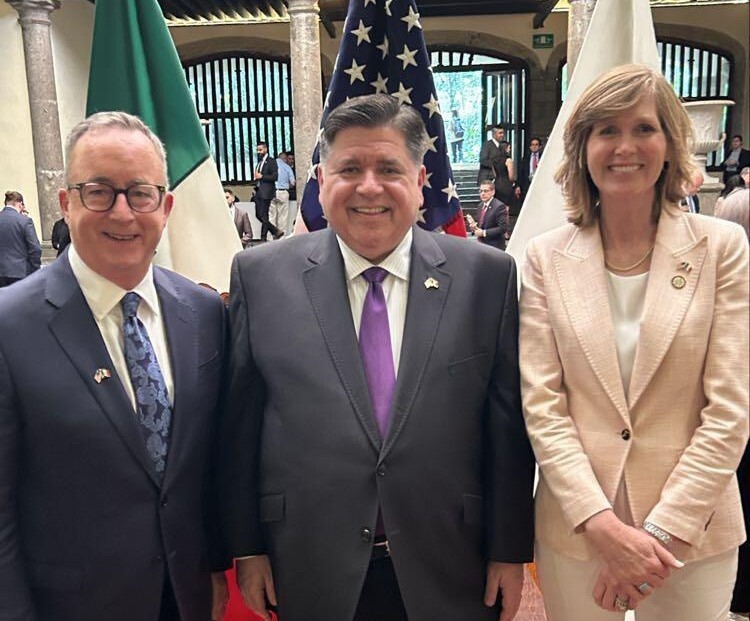
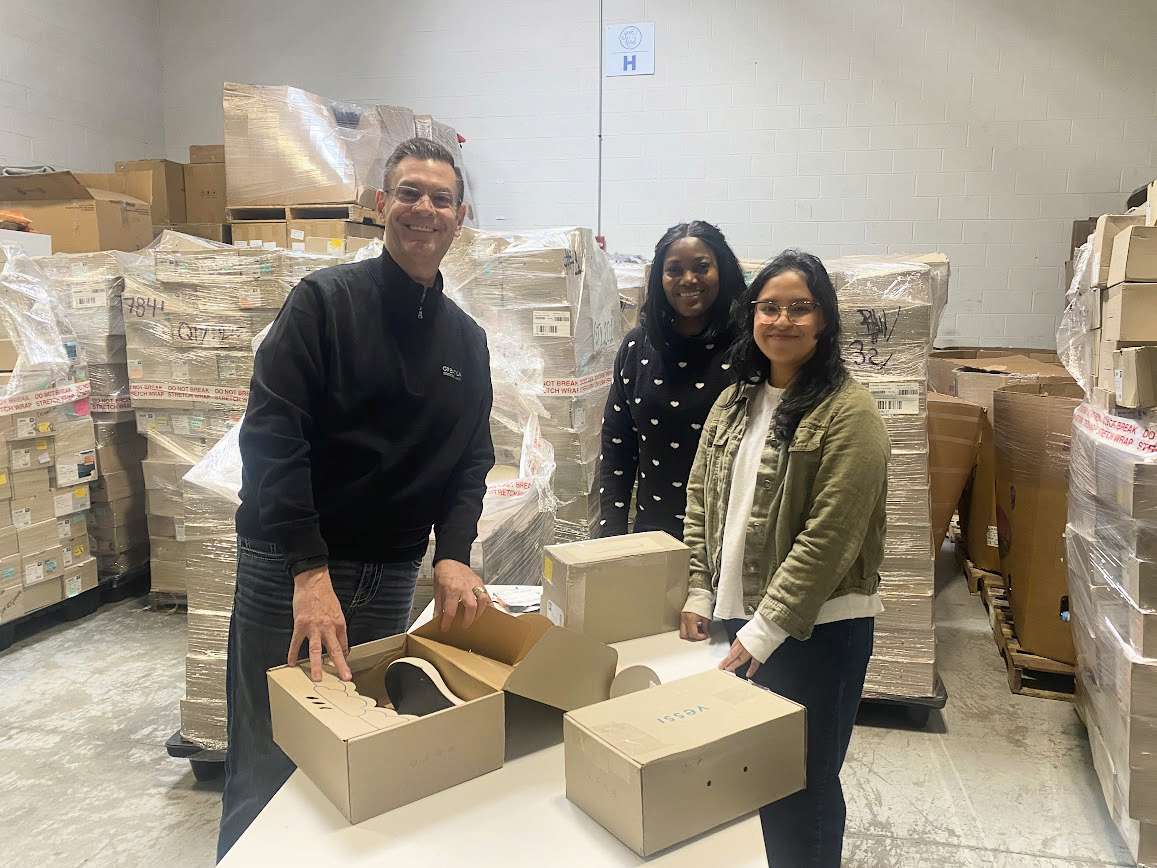
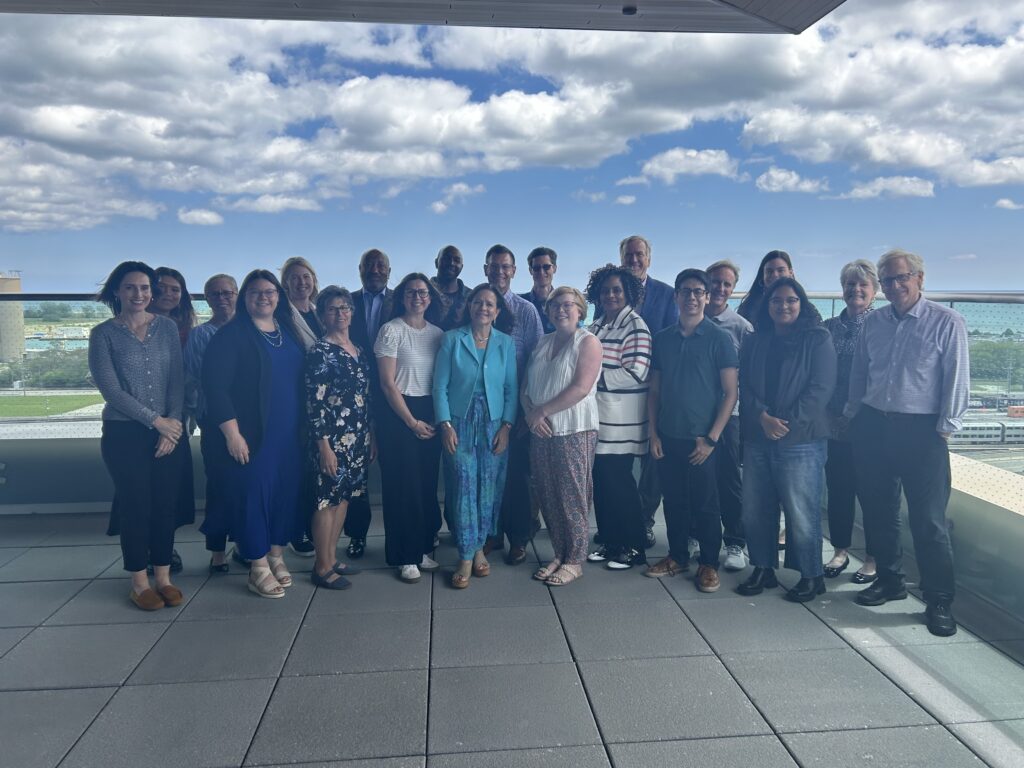
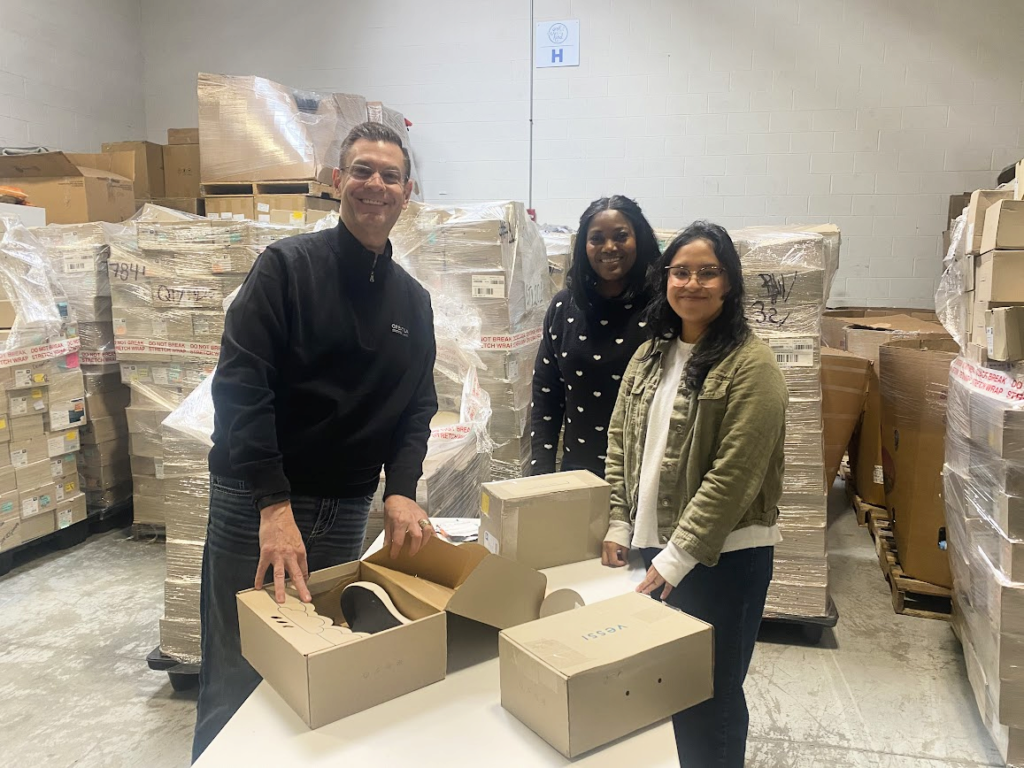
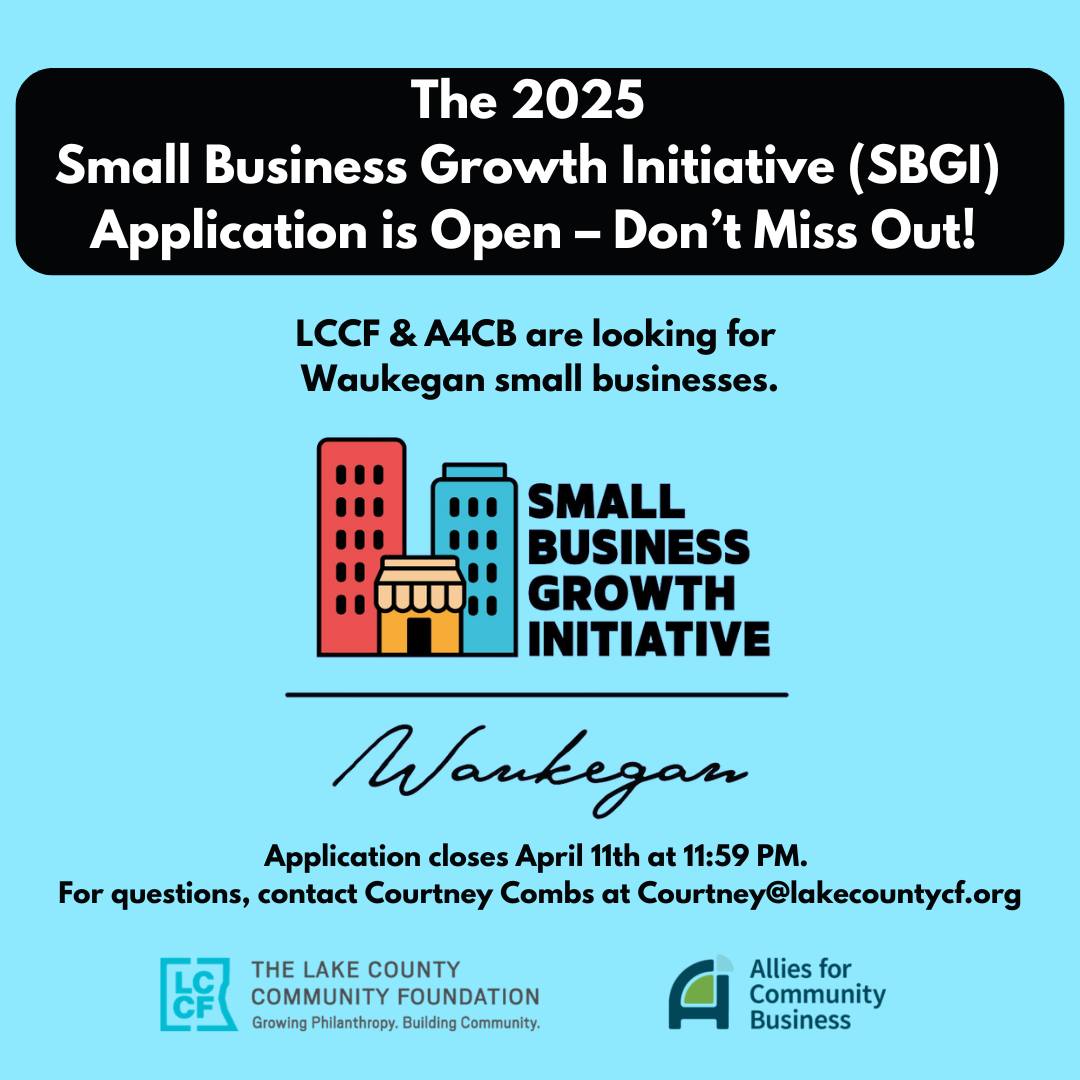
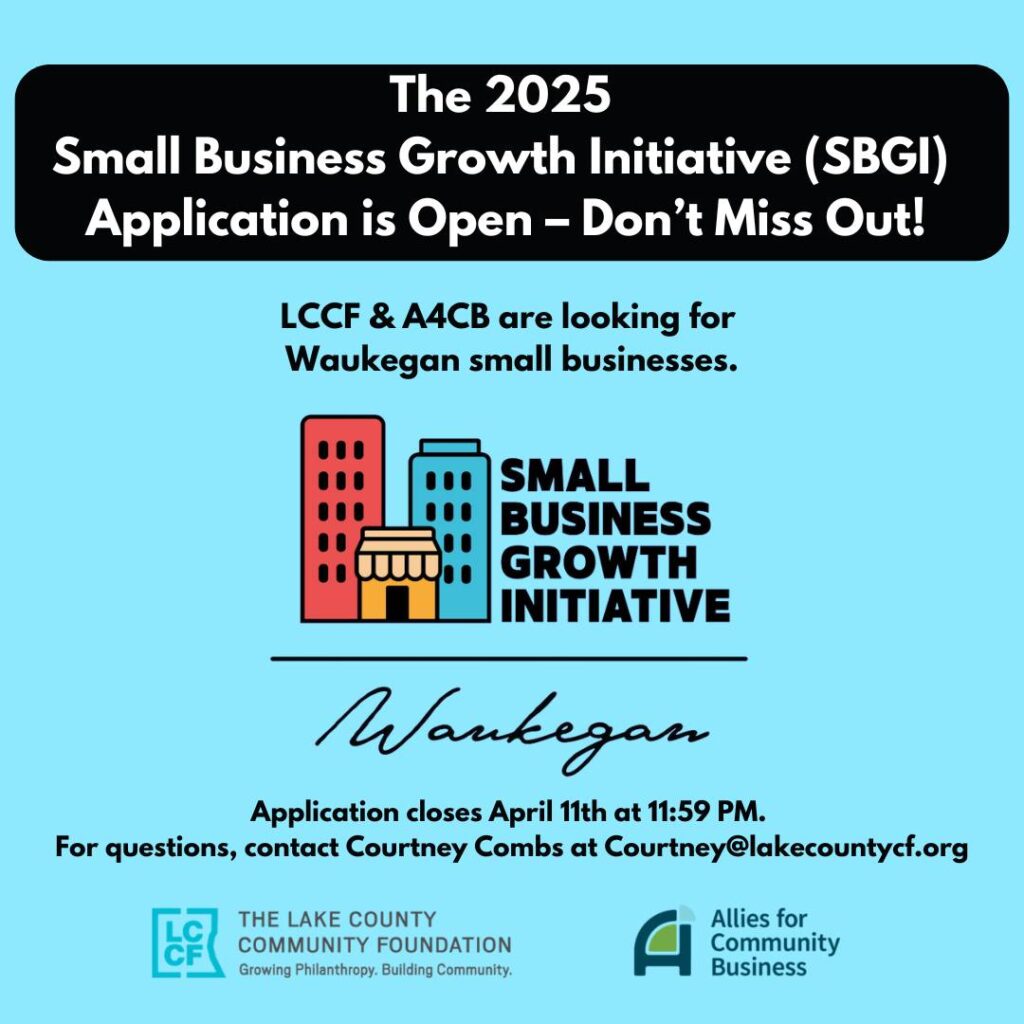
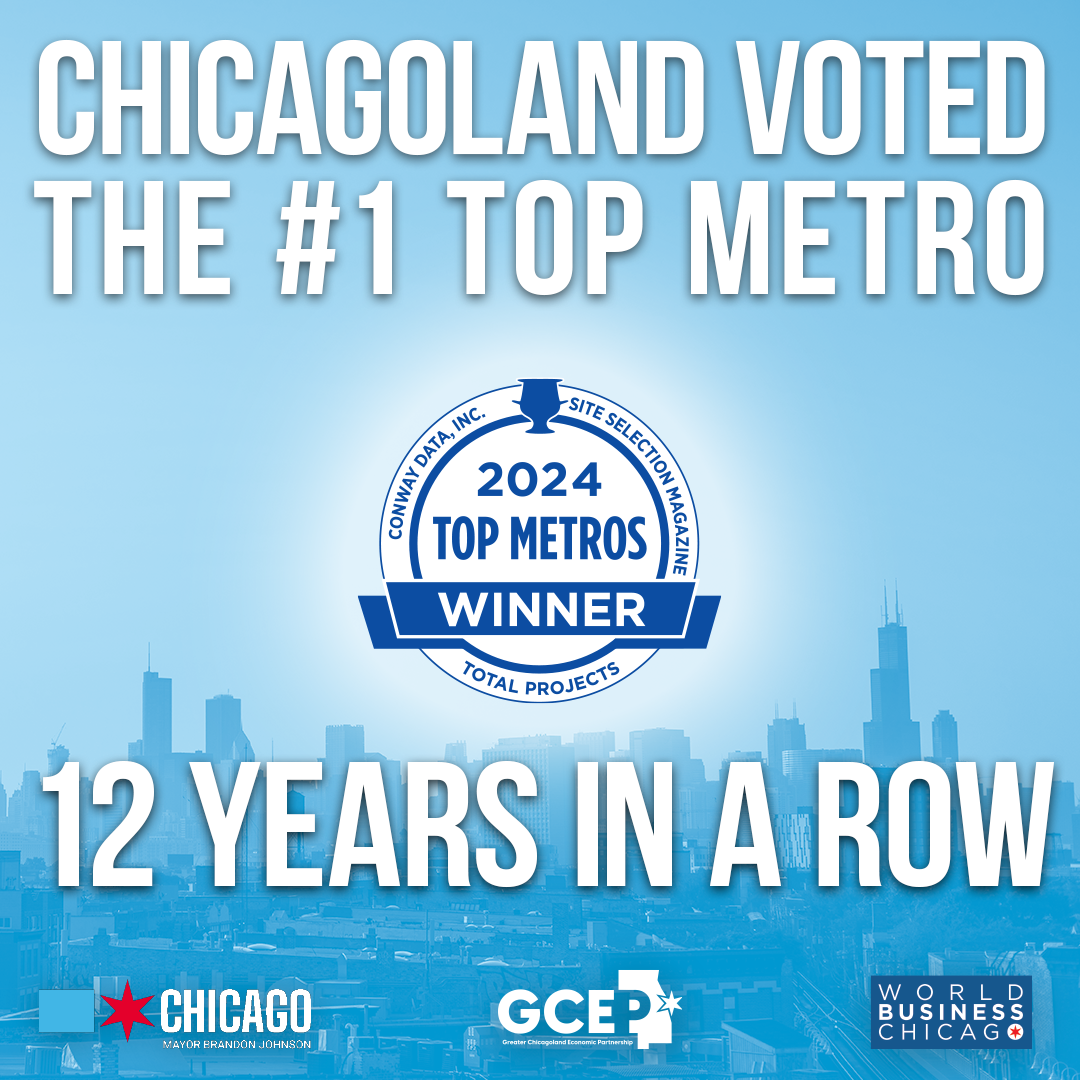
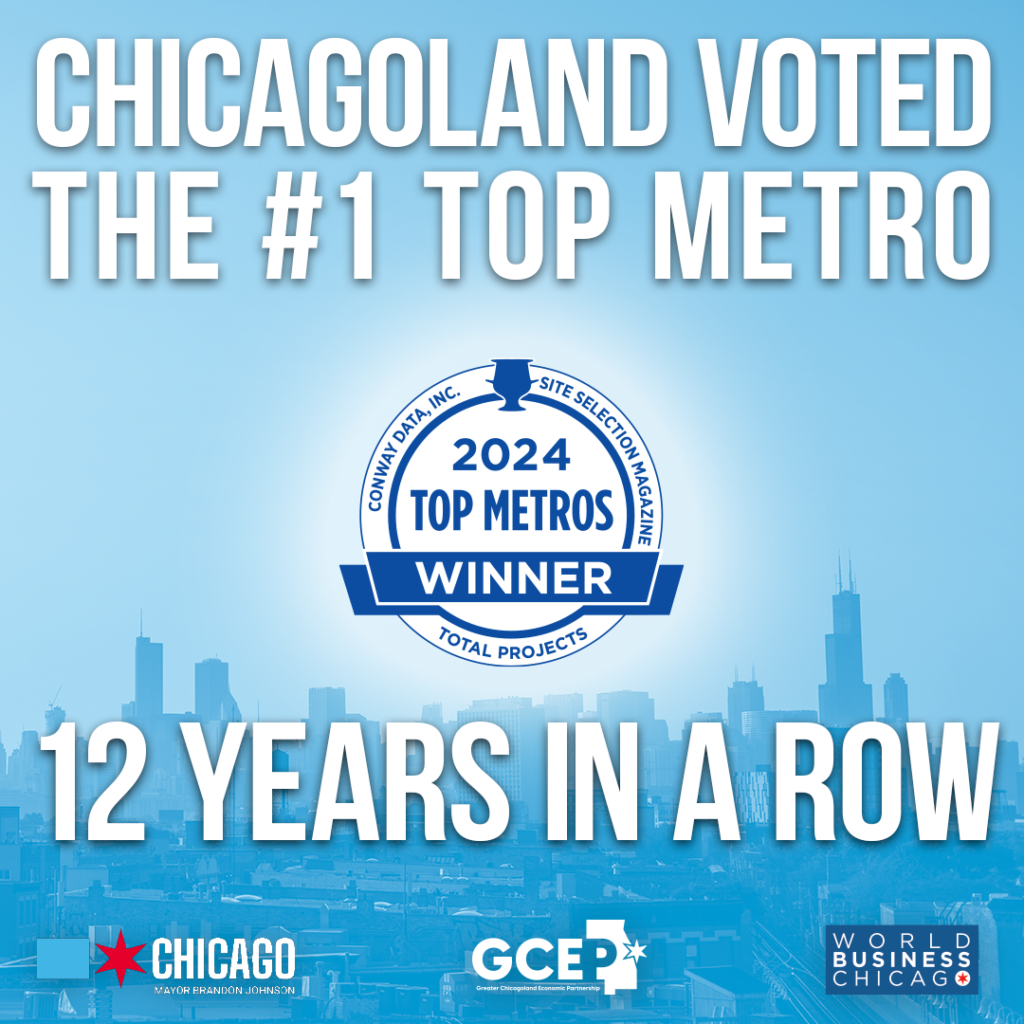

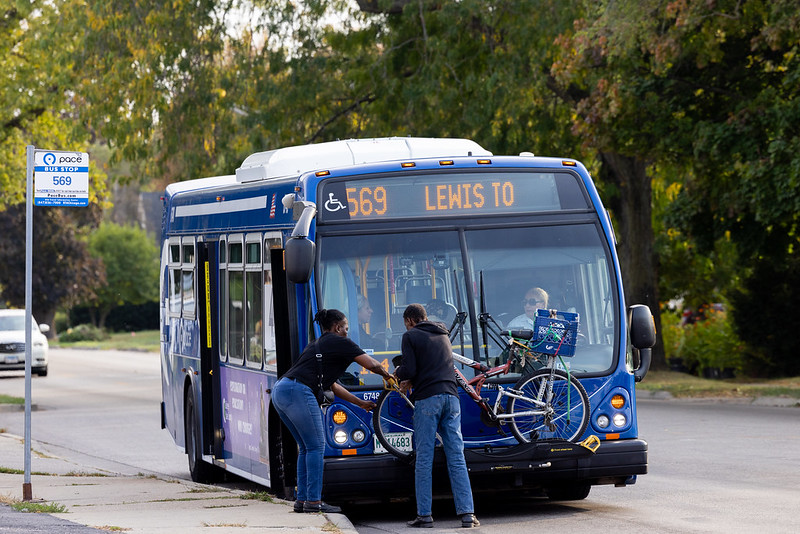
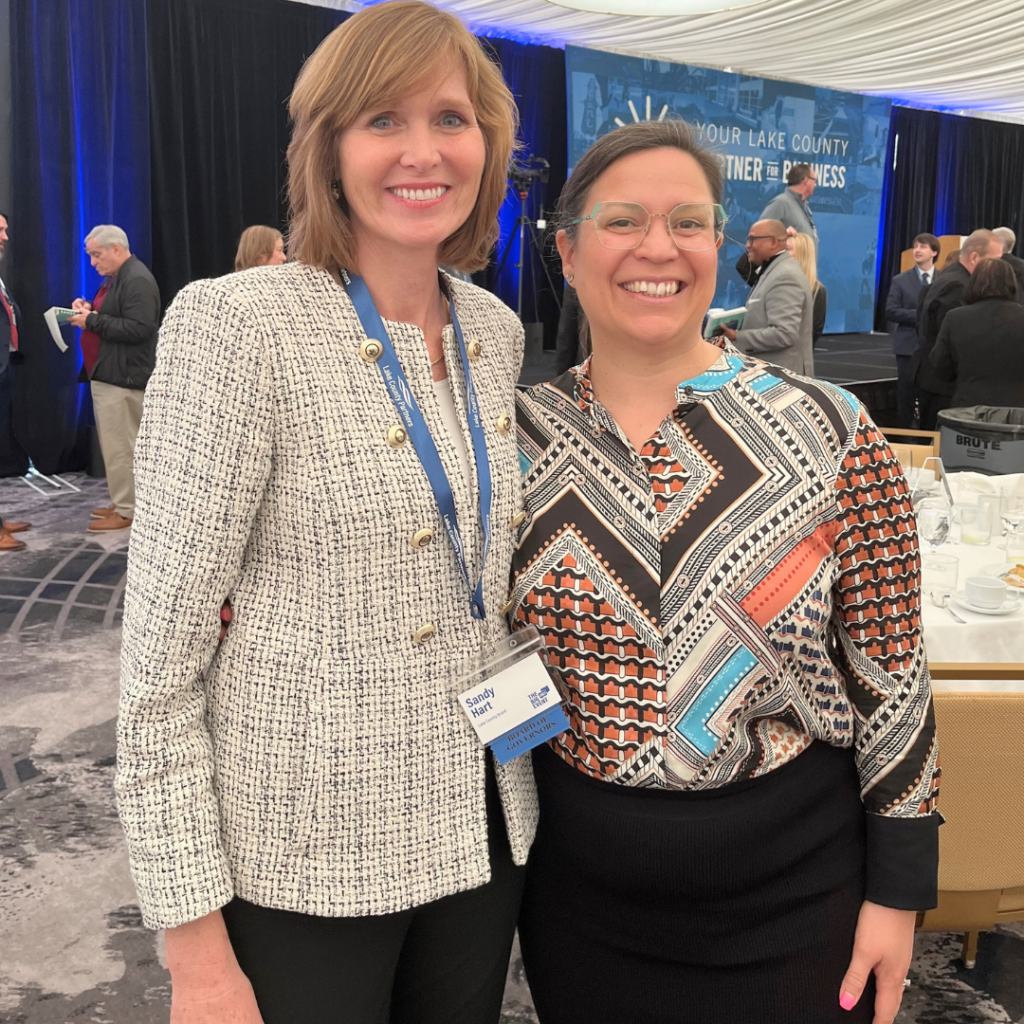

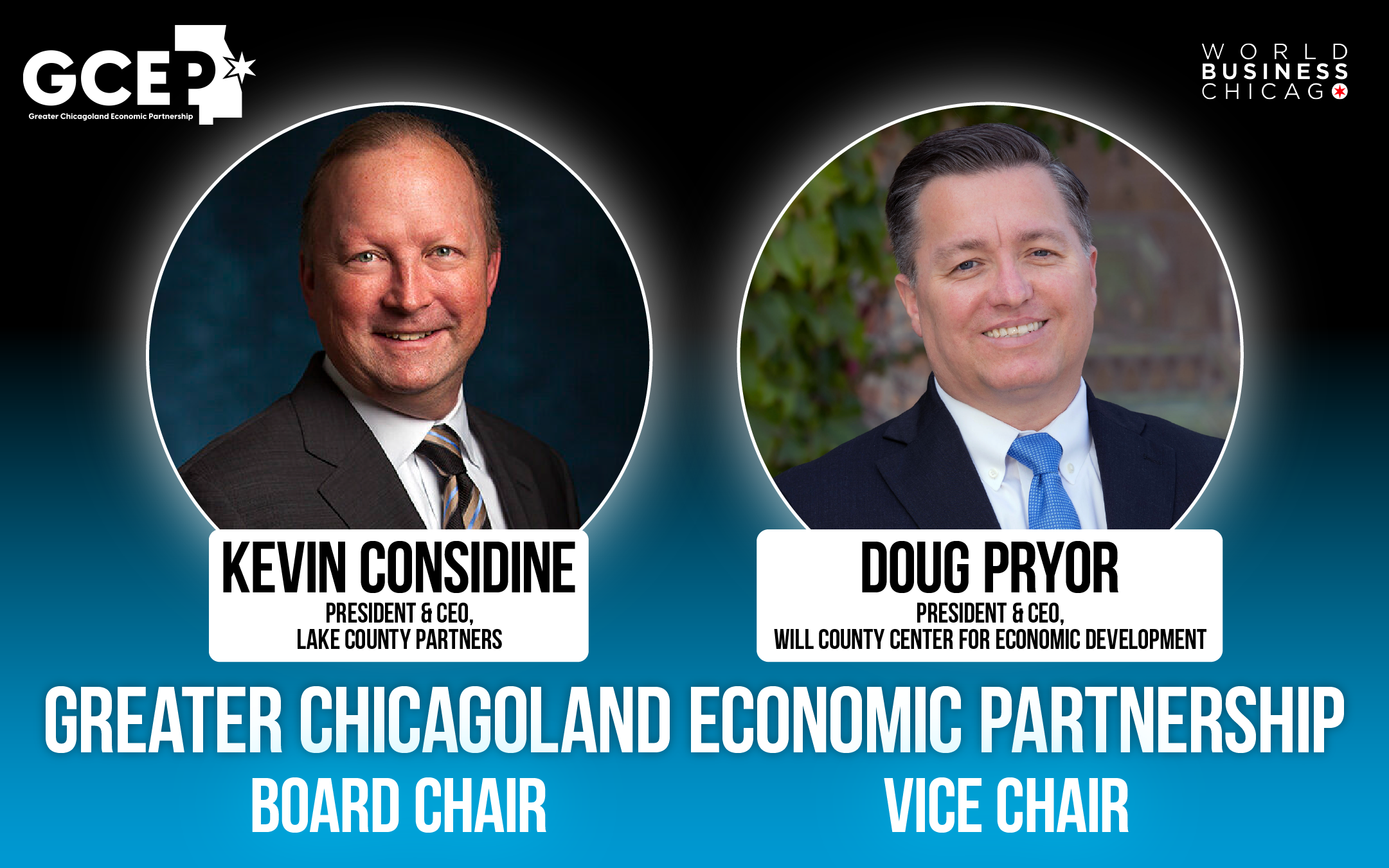
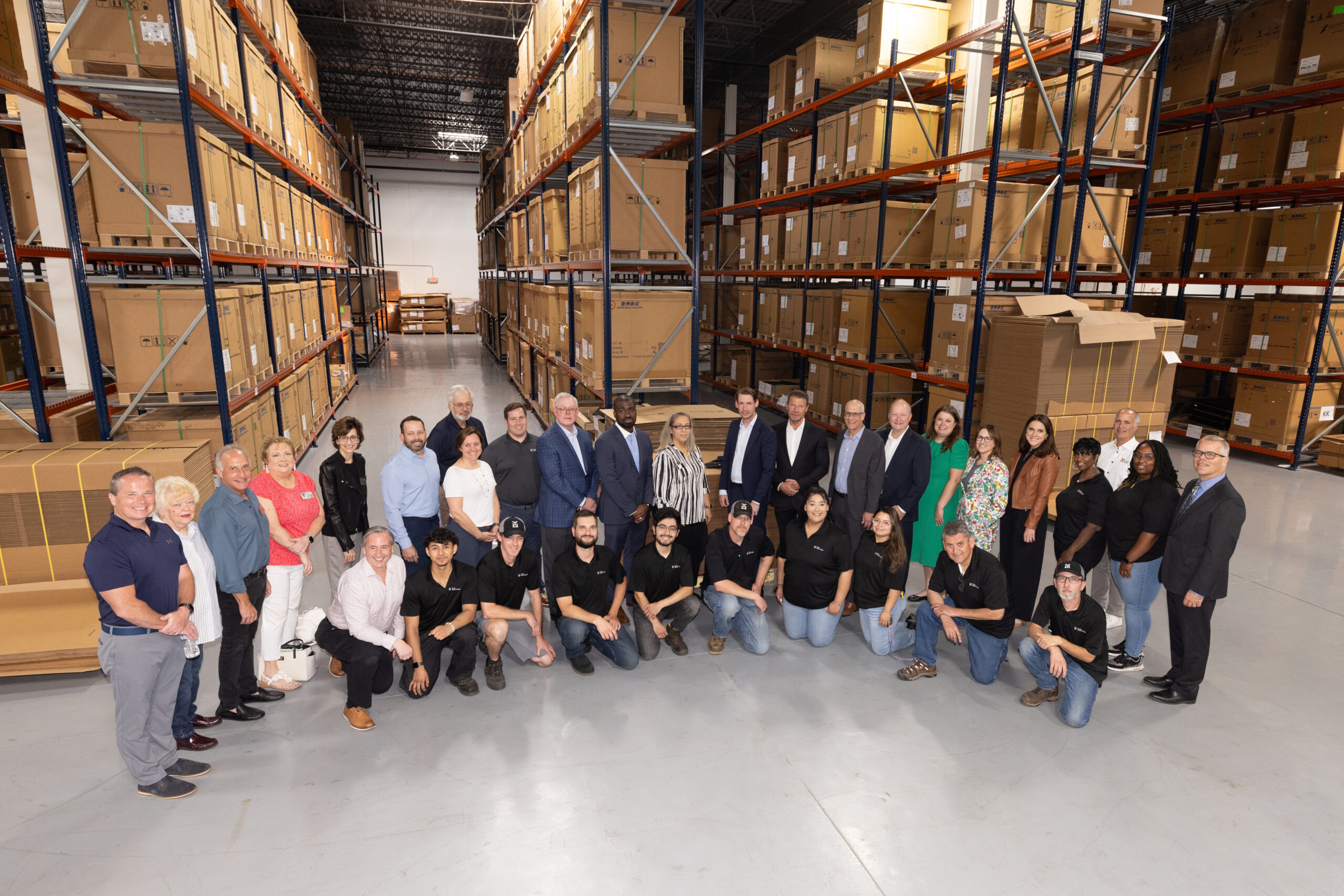

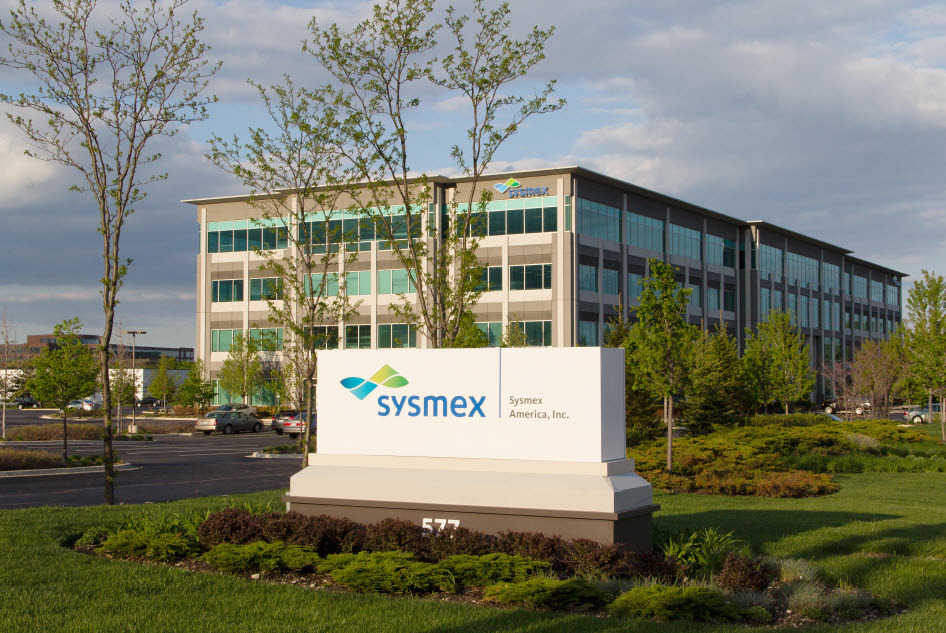


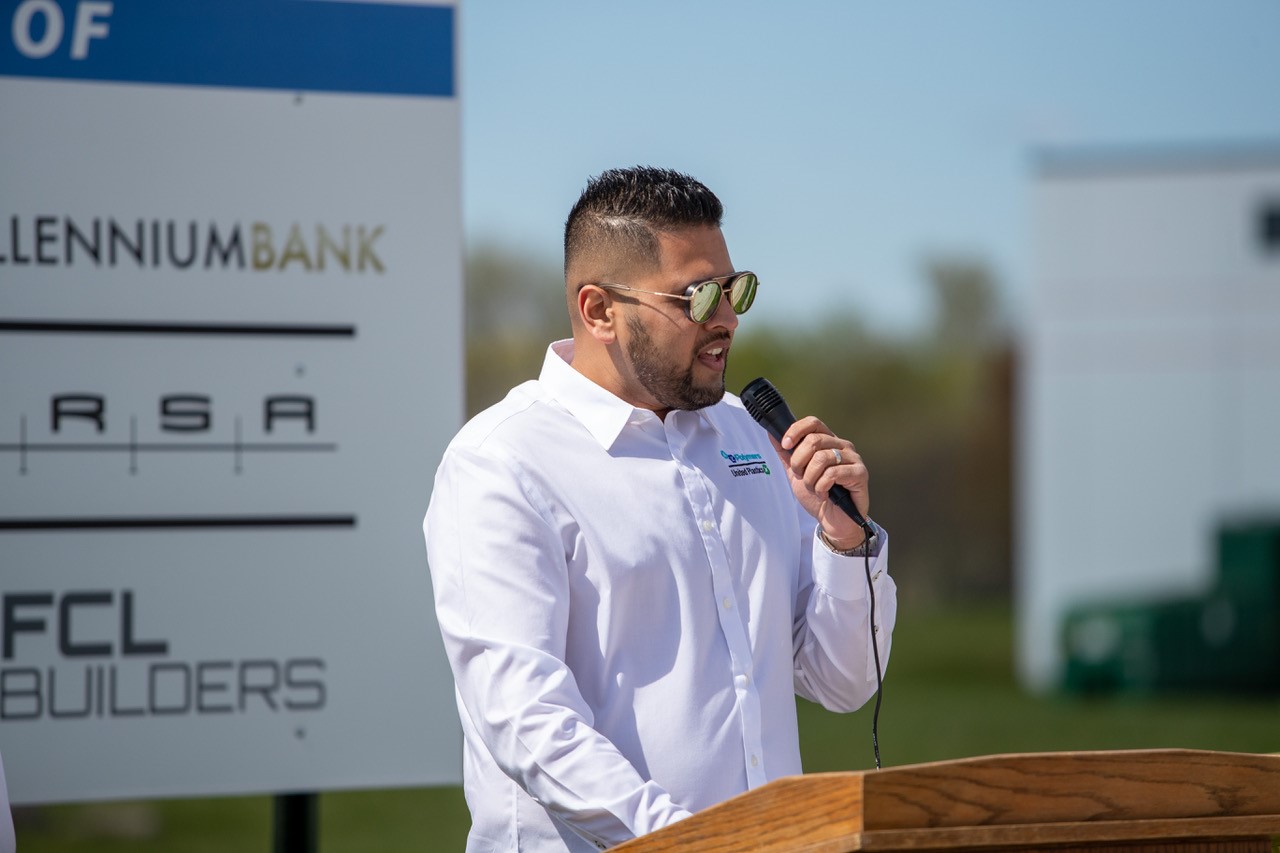
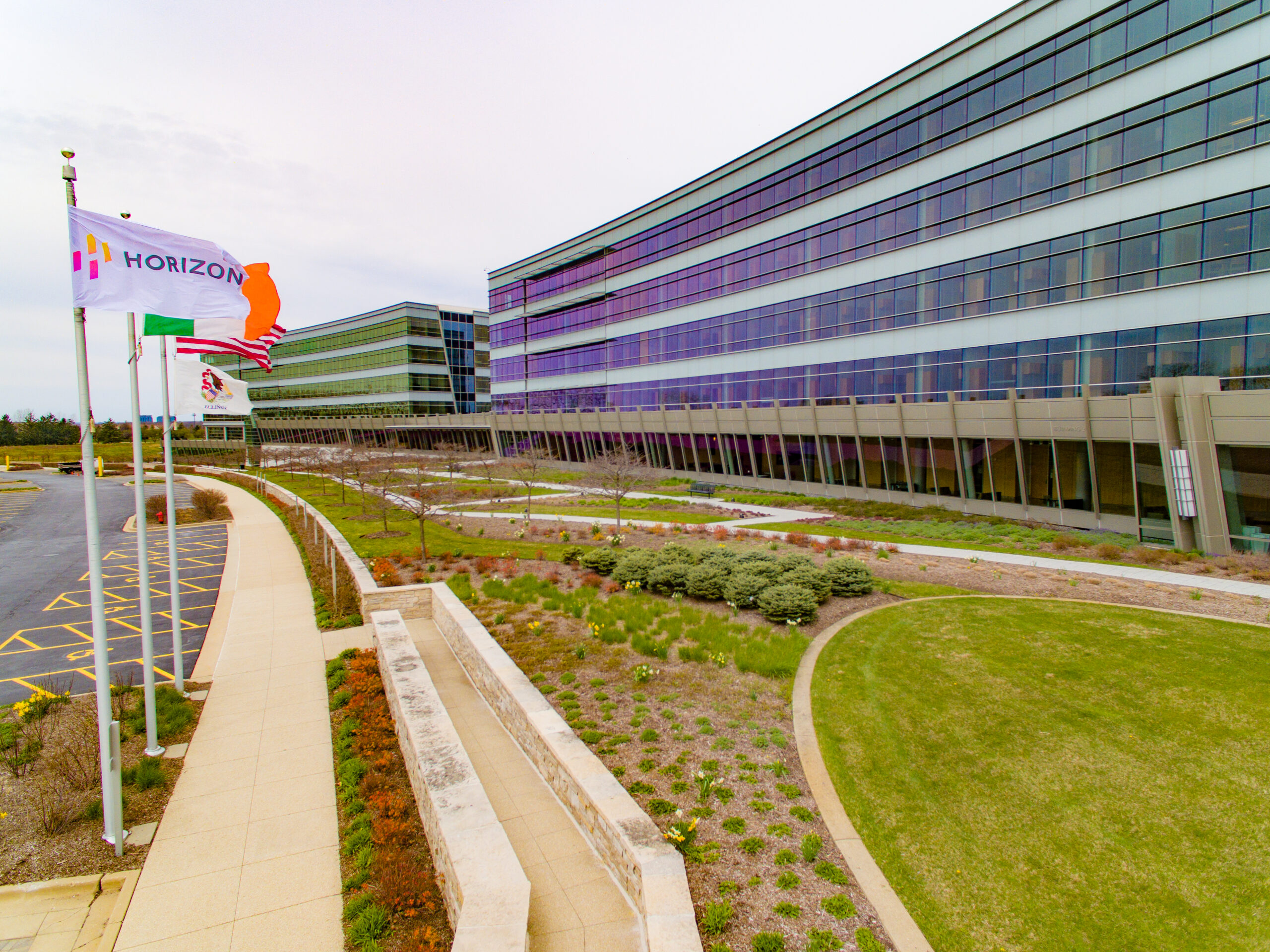
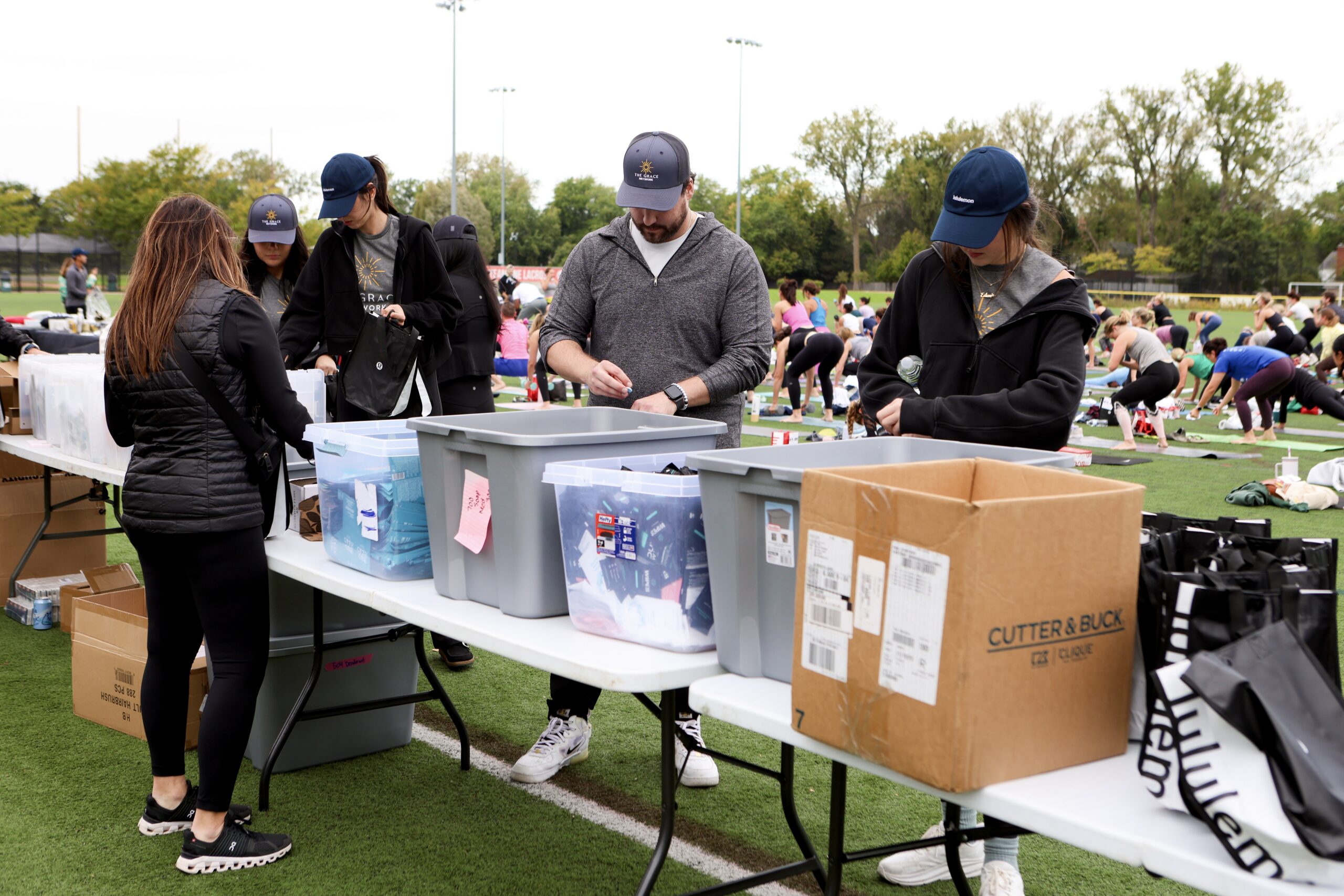
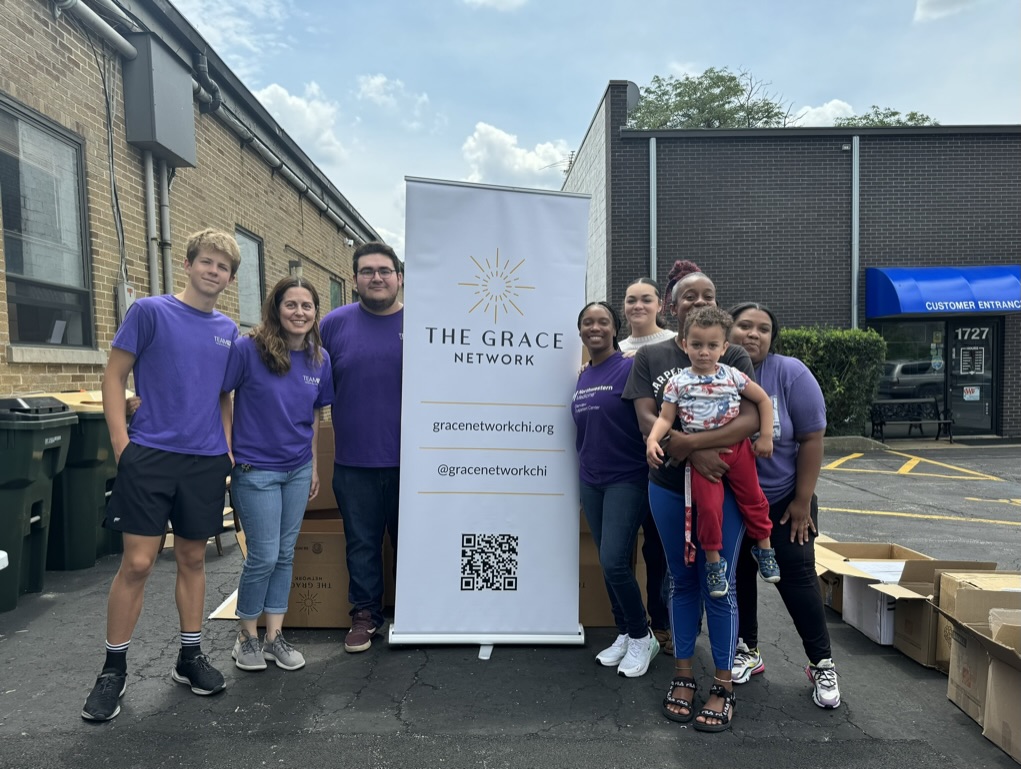
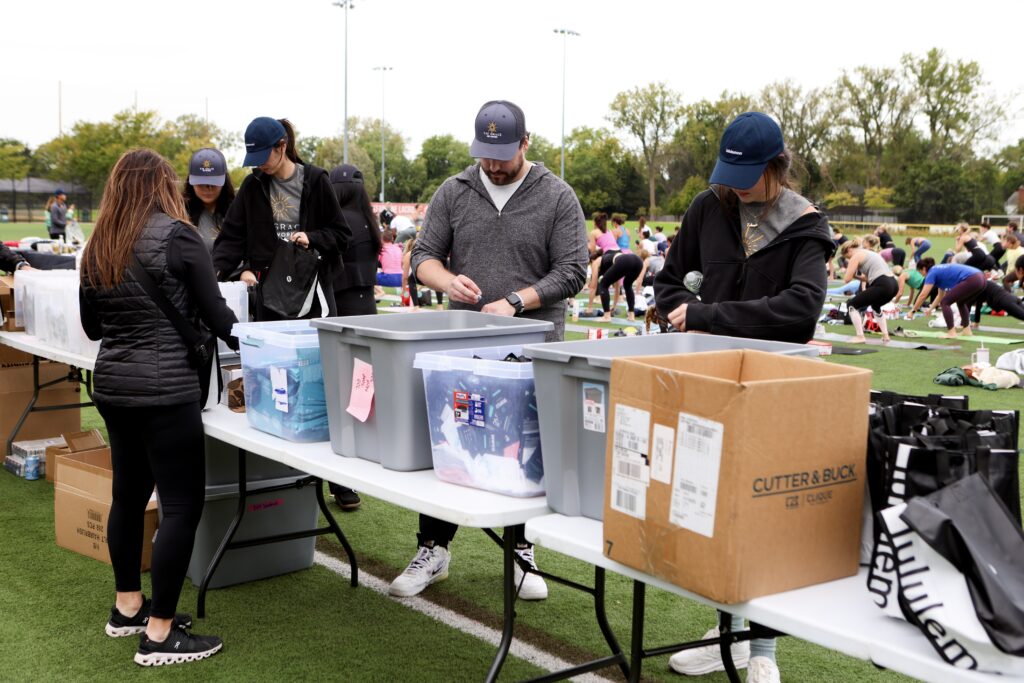
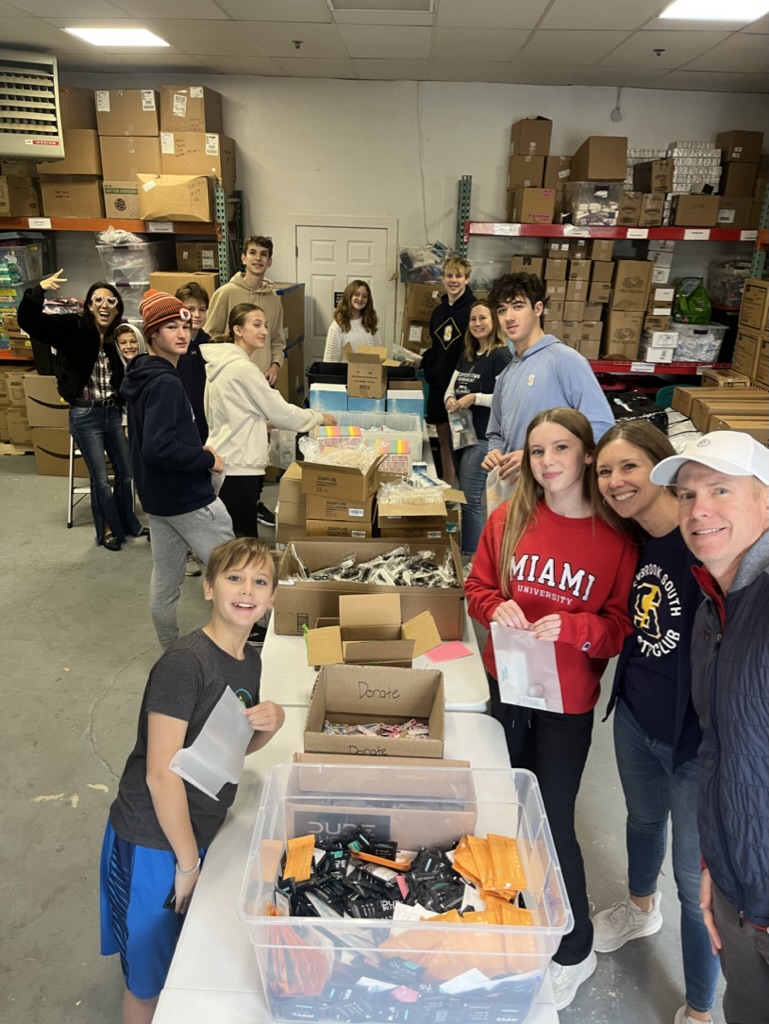
Recent Comments